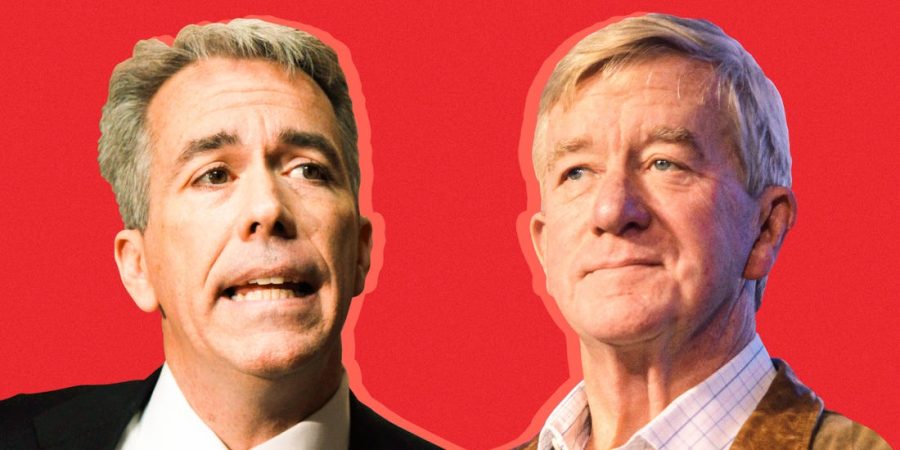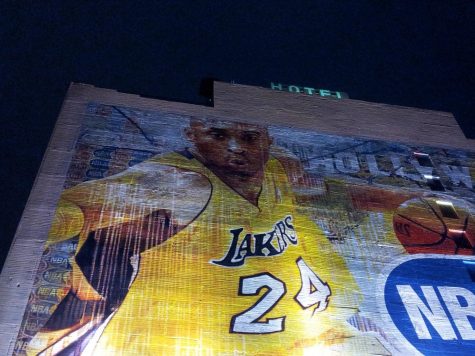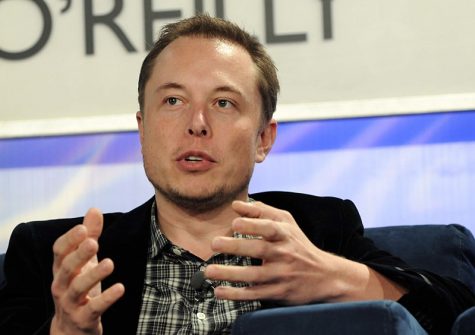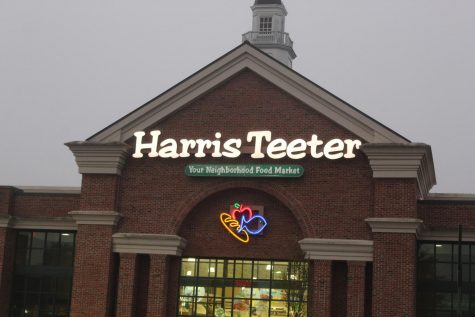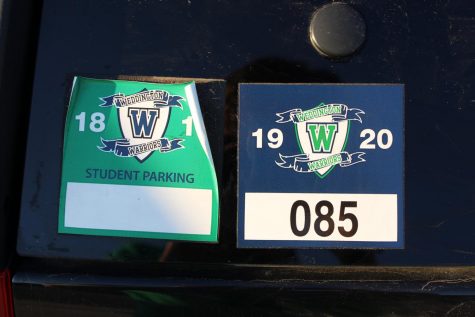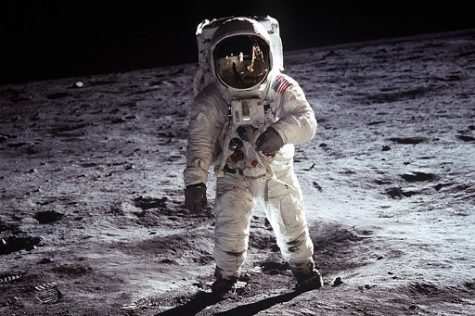Hidden Republicans – Donald Trump’s Primary Challengers
Joe Walsh and Bill Weld, two of the participants in the business insider primary republican debate, intend to dethrone the president, despite their little known status. how to watch gop debate 2020 2×1 Manuel Balce Ceneta/AP Images; Gage Skidmore; Samantha Lee/Business Insider
The race to the Democratic Presidential Primaries rages on, capturing all manner of media attention as voters decide who they want to nominate in 2020. Meanwhile, unbeknownst to most, the Republican field is showing signs of potential turmoil as multiple Republican candidates enter the race against incumbent President Donald J. Trump. One can be forgiven for not knowing Trump had any contest, the challengers don’t get much television time, and a few states have even voted to cancel their Republican Primary elections altogether.
In elections past, an incumbent president could expect to win their party’s nomination with no trouble at all. In 2012, President Barack Obama faced no legitimate competition from fellow democrats (he won 88.9% of democratic primary voters, with the next most popular ‘candidate’ being votes for ‘no preference’). In 2004, President George W. Bush won 98.1% of republican primary votes. Bush, like his successor, had the benefit of having no real competition in re-securing his party’s nomination. President Donald Trump, however, will not be so lucky. Republicans Bill Weld, Joe Walsh, and Mark Sanford have announced that they hope to win the 2020 Republican Presidential nomination.
The unprecedented amount of primary opponents in a re-election year raises an important question: are republican voters really behind Donald Trump? Due to the unusually crowded Republican Primary in 2016, most republican voters chose various candidates other than the eventual nominee. Despite not having a majority, Trump carried with 44.9% of the vote. Almost three years into the Trump administration, has the president earned the respect and support of his party? Will they stick with him if Weld, Walsh, and Sanford start garnering media attention?
Resistance to the notion of nominating a fresh candidate has been strong. As of yet, there have been no RNC sanctioned debates for the 2020 Republican Primaries, a sign that the Republican National Committee is still very much behind the incumbent President. The closest we’ve gotten in this race is an unofficial debate hosted by Business Insider. Neither Trump nor opponent Mark Sanford attended this debate. Kansas, South Carolina, Arizona, and Alaska have all voted to cancel their Republican Primaries rather than allow their citizens to make the choice for themselves.
The bottom line is this: Donald Trump will be his party’s nominee in 2020. Sandford, Weld, and Walsh may represent legitimate turbulence among the old Republican establishment, but it would be impossible for any of them to dethrone Trump even without efforts to conceal their campaigns. The President’s enclave of devoted supporters is too strong to disrupt. This probably isn’t news to Republican candidates, who likely joined the race either for personal benefit, or as an outlet for the pocket of anti-Trump voters who haven’t abandoned the rapidly evolving Republican Party quite yet. Trump knows this, and so does the RNC. They also know that if the trio of opponents make any waves, Trump will appear weak going into the general election. If they were truly confident that voters are satisfied with Trump’s first term, they wouldn’t be wasting their time trying to stifle these candidates.
While Weld, Walsh, and Sanford aren’t a threat to Trump’s nomination, they do not bode well for Trump’s reelection hopes.



